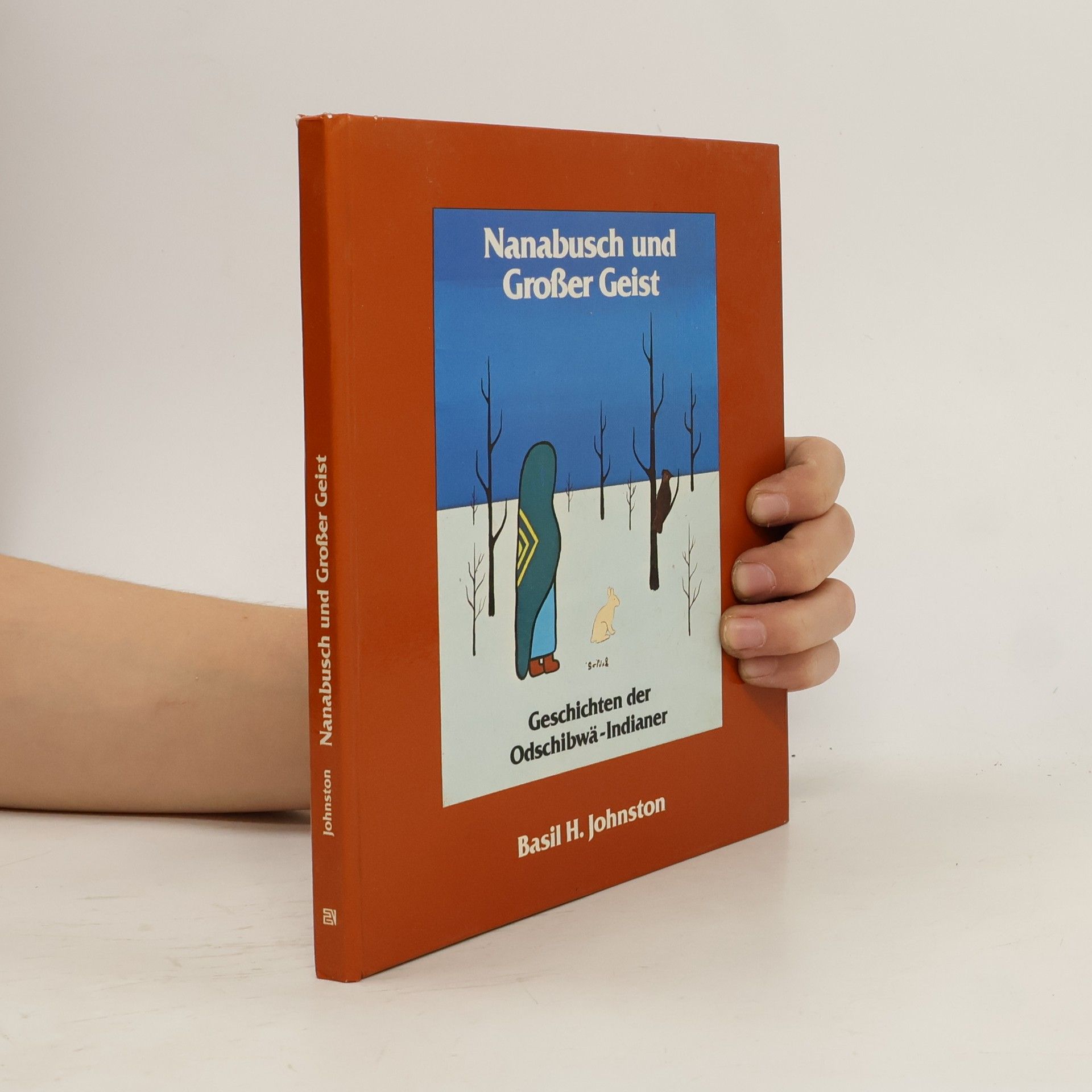Rarely accessible to the general public, Ojibway mythology is as rich in meaning, as broad, as deep, and as innately appealing as the mythologies of Greece, Rome, and other Western civilizations. In Ojibway Heritage Basil Johnston introduces his people's ceremonies, rituals, songs, dances, prayers, arid legends. Conveying the sense of wonder and mystery at the heart of the Ojibway experience, Johnston describes the creation of the universe, followed by that of plants and animals and human beings, and the paths taken by the latter. These stories are to be read, enjoyed, and freely interpreted. Their authorship is perhaps most properly attributed to the tribal storytellers who have carried on the oral tradition that Johnston records and preserves in this book.
Basil Johnston Boeken
Basil H. Johnston was een Canadese schrijver, verhalenverteller en geleerde die zich wijdde aan het behoud van de Ojibwe-taal en -cultuur. Zijn werk is gericht op een diepgaand begrip en de vertelling van verhalen, waarmee hij de tradities en spiritualiteit van zijn volk tot leven brengt. Johnston's literaire benadering omvatte de zorgvuldige overdracht van mondelinge traditie en taal, waardoor lezers inzicht kregen in de rijke wereld van inheemse stammen. Zijn schrijven vertegenwoordigt een waardevolle bijdrage aan het behoud van cultureel erfgoed en aan het begrip van inheemse Noord-Amerikaanse culturen.




Crazy Dave
- 334bladzijden
- 12 uur lezen
David, the last of Rosa's five sons, was born with Down syndrome. Unable to care for himself, he and the indomitable Rosa were to be forever bound together, joined by love and necessity in a life already defined by harsh, sometimes tragic circumstances.And yet, David was remarkable. Strong, stubborn, and utterly determined, he aspired to learn, to be a part of a world in which he would never entirely belong. In that regard, he was and remains a poignant and unsettling reflection of his people, who had fled Wisconsin in the 1830s to seek sanctuary with the Ojibway farther north in what became Canada. With great resourcefulness and integrity, they struggled to sustain and preserve families, a language, and a way of life, while accommodating the increasingly intrusive demands of white society.Woven of story and recollection—the author's own, his family's, and those of others who were there—Crazy Dave remembers and pays loving tribute to a family, a community, and a culture.